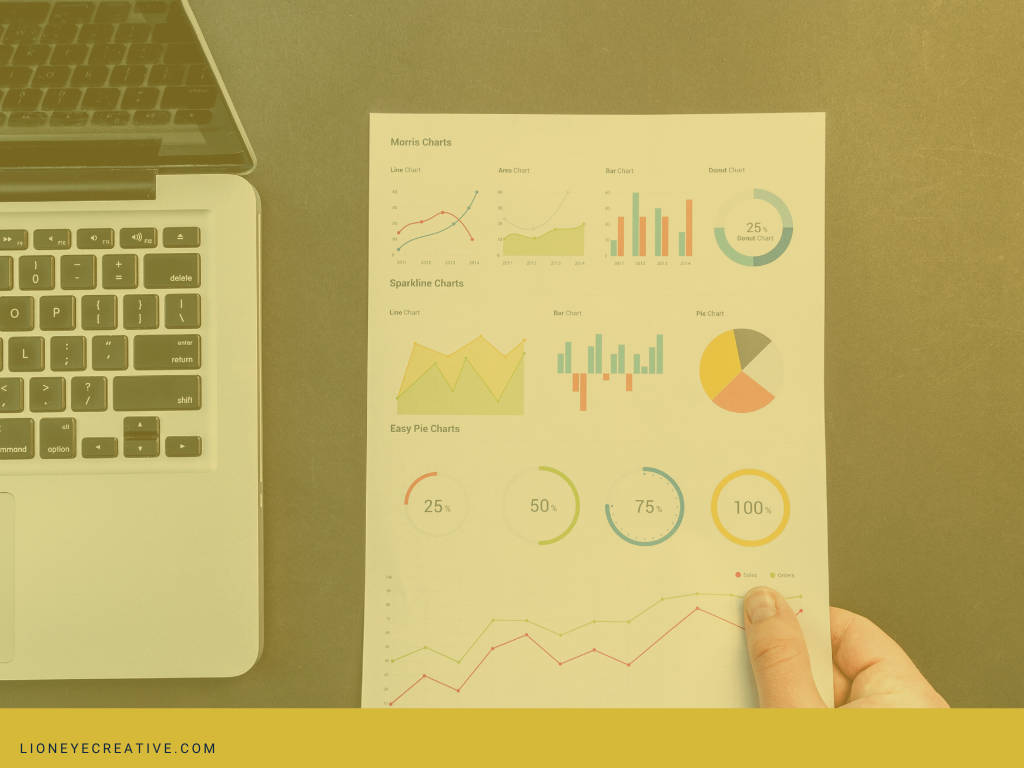
understanding & using website analytics
In definition, website analytics is the analysis of a website and its users’ relationship. It is the process of analyzing the users’ behavior on a website — its use is to attract more visitors, increase website traffic, and the volume each customer’s spent on products or services.
Understanding website analytics
Often, website analytics is used as a part of customer relationship management (CRM) analytics. The process of analysis can include determining whether the there is a likelihood that a customer will repurchase a product or service, personalizing a website for customers who visit repeatedly, observing regional demographics where the most and least customers are located, monitoring the monetary volume of purchases made by customers, and being able to predict which products or services are most likely to purchase again.
In addition, website analytics can also track the clickthrough and drilldown behavior of customers on a website, communicate with the browsers they use to track and analyze their online behavior and determine the websites from which customers most often arrive.
There are numerous data business owners and marketers can gather about how customers interact with a website — if you’re a beginner in website analytics, the amount of information available can be overwhelming. However, understanding data is one of the most important parts of website analytics because it helps with keeping an eye on a website’s pulse.
How do different companies use website analytics?
There are free website analytics services like Google Analytics which can be used in any website and different companies use it to know information about their visitors — this can help in making future decisions about content marketing and other services.
1. Performance management
Measuring the performance management of a website is one of the primary purposes of website analytics. Company managers can access and analyze data about the number of visits a website has had, the number of visitors the individual pages have had, and information about the number of times visitors spent on each page — all of these can be accessed in the website analytics interface.
Website analytics can also help determine traffic sources to know how visitors are reaching a website. Most of the time, people visit websites not by typing the web address on their browsers but by following a link — a link can be from other websites or can be found on search engine results. Knowing where the website visitors come from can help business owners and marketers focus their marketing strategies.
2. Marketing optimization
e-Commerce websites use online marketing which includes advertisements from companies like Google through its AdSense and AdWords programs. Companies who invest part of their marketing budget in online advertisements would want to determine the return of their investment and utilizing Google Analytics can help them determine if their efforts are successfully sending traffic to their websites.
3. Visitor data
Having the visitor data in an analytics report can help build a view of who the website visitors are because most analytic systems can show geographical information about where visitors are accessing the website from. Since website visitors can be from anywhere in the world this can give business owners and marketers valuable information, especially for companies running their business globally.
4. Content optimization
A business’s website pages like a blog play a huge part in its success. Some website pages are specifically designed to process transactions while other pages deliver valuable information. Using website analytics helps see how a page is performing in relation to its purpose. A blog page, for example, should gather enough visitor time because its purpose is to give out useful information, so if your visitors are not spending enough time on your blog page then you may want to check and review the quality of content you are giving.
Conclusion
Since businesses have improved and increased their spending time planning and executing digital marketing and e-Commerce strategies, website analytics has become more valuable and important for their success and growth. Keep in mind that making an effort to learn how website analytics work is a huge factor to increase your site’s efficiency and profitability. Knowing how your website is performing is the key, especially if you are running an e-Commerce website.
For more information about website analytics, download our Web Development ebook.

Are you looking for help in understanding and using website analytics for your website? Talk to one of our web development specialists now!



